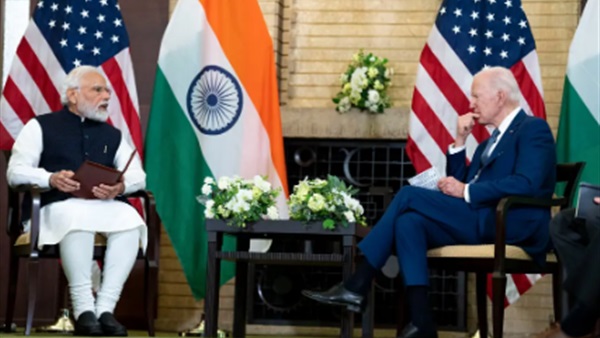Taiwan Mobilizes Defenses Against China's Aggression: The Latest Updates

Taiwan Boosts Defenses Amid Chinese Incursions
Taiwan took action to defend itself by launching fighter
jets, putting its navy on high alert, and activating missile systems in
response to China's military incursions. 34 Chinese military aircraft and 9
warships were seen in the vicinity, a part of Beijing's plan to unnerve and
intimidate the self-ruling island nation.
The large-scale deployment of Chinese military forces has
raised concerns among US military leaders, diplomats, and elected officials. US
Air Force General Mike Minihan, who heads the Air Mobility Command, recently
instructed his officers to be prepared for a potential US-China conflict over
Taiwan by 2025.
Taiwan's Defense Ministry reported that 20 Chinese aircraft
crossed the central line in the Taiwan Strait, a long-standing unofficial
boundary, on Tuesday. China views Taiwan as its territory, while the majority
of Taiwanese reject being ruled by China's communist party.
The Defense Ministry stated that the Taiwanese armed forces
monitored the situation and were ready to respond to these activities. NATO
Secretary-General Jens Stoltenberg also warned that China's growing aggression
and partnership with Russia pose a threat to Asia and Europe. Stoltenberg
emphasized the need for Japan and other democracies to work together with NATO
to defend the international order.
China accused NATO of overstepping its bounds and “playing
up” China’s threats. The Foreign Ministry claimed that China is a force for
peace and stability and does not welcome the Cold War mentality and division.
The reason for China's actions towards Taiwan is not clear,
but it coincided with US Secretary of State Antony Blinken's visit to Beijing.
China often uses Taiwan to flag the most pressing issue in US-China relations
ahead of high-level discussions.
Taiwan has been the target of China's daily incursions with
its military forces including warships, bombers, fighter jets, and support
aircraft. China aims to exhaust Taiwan's limited defense resources and erode
support for President Tsai Ing-wen. Beijing has threatened retaliation against
nations that seek closer ties with Taiwan, but such attempts at intimidation
have been met with backlash from nations like Europe, Japan, and the US.
Taiwan has taken steps to strengthen its defense against
China's threats. It ordered more defensive weaponry from the US, strengthened
its foreign relations through its democracy and tech-focused economy, and
revitalized its domestic arms industry. Compulsory military service for men has
been extended to a year, and public opinion supports increased defense
spending. Taiwan has learned from Russia's war in Ukraine and believes it can
deter an attack by China or defend itself if invaded.
Taiwan is set to hold presidential elections next year, in
contrast to China's one-party rule under President Xi Jinping. China's attempts
to reach out to Taiwan's pro-unification Nationalist Party have largely failed.
The Nationalists did well in local elections, but their pro-Beijing policies
have not resonated with voters on a national level.





